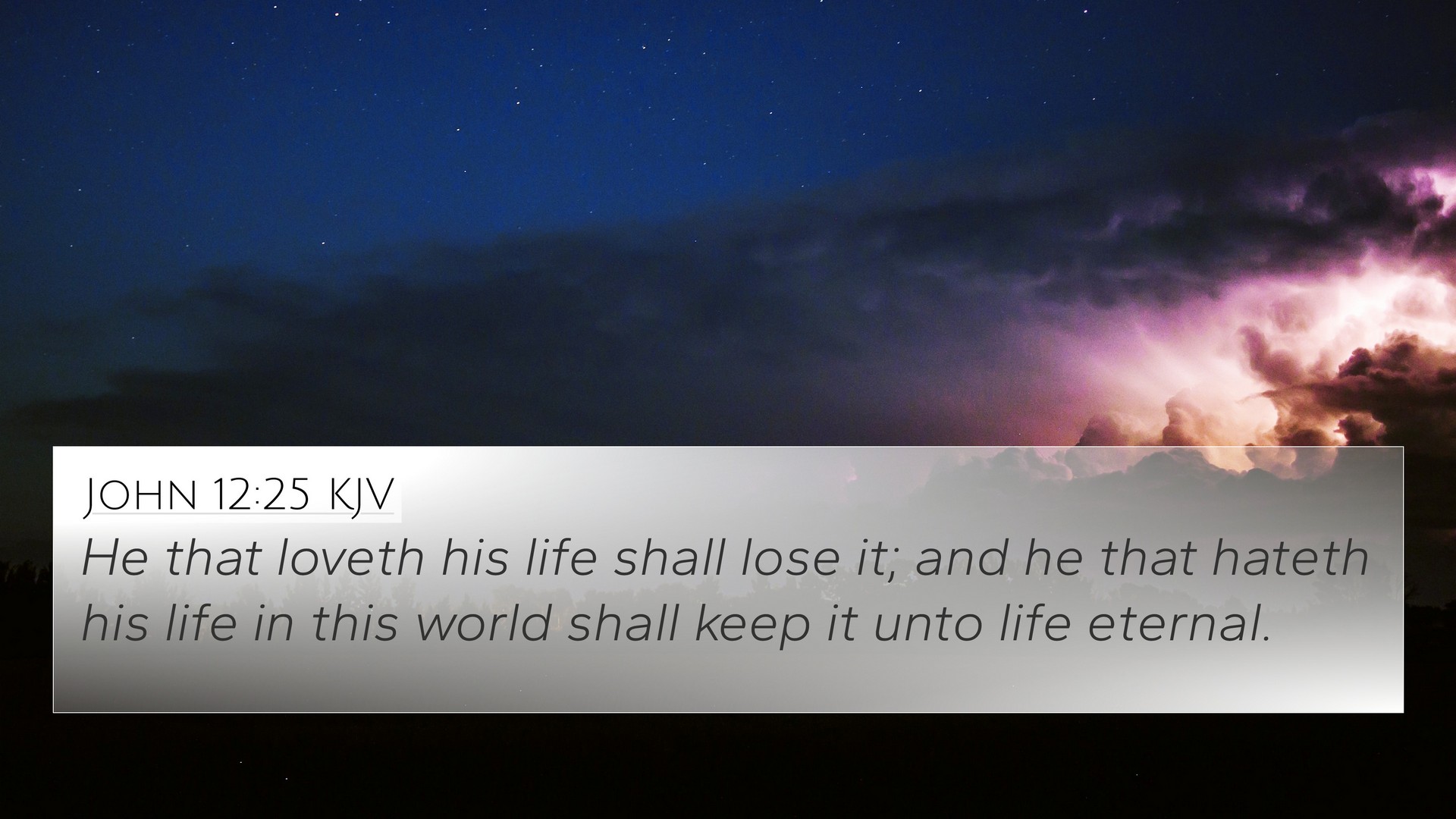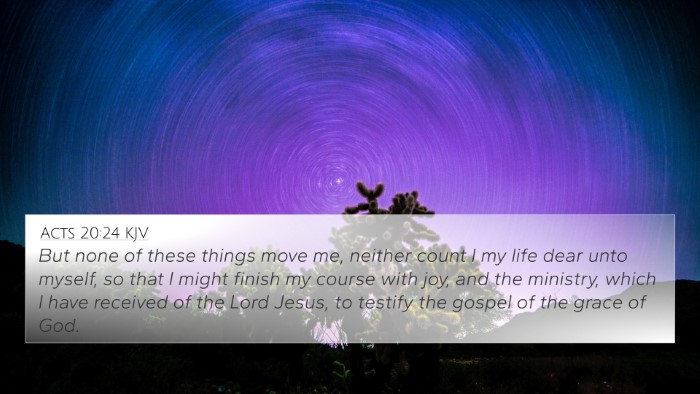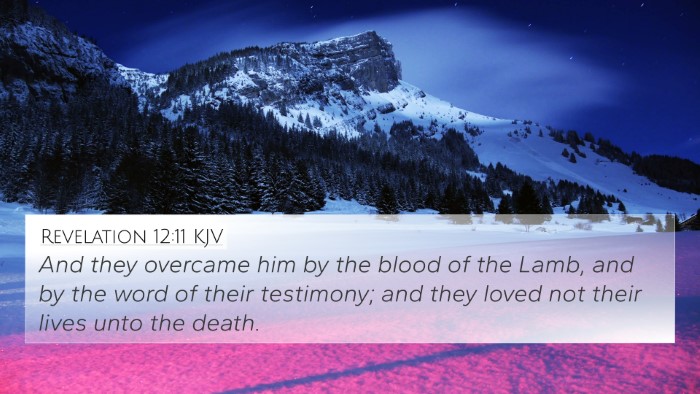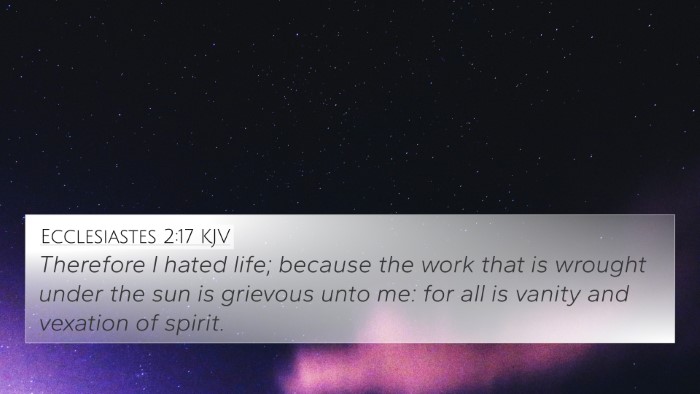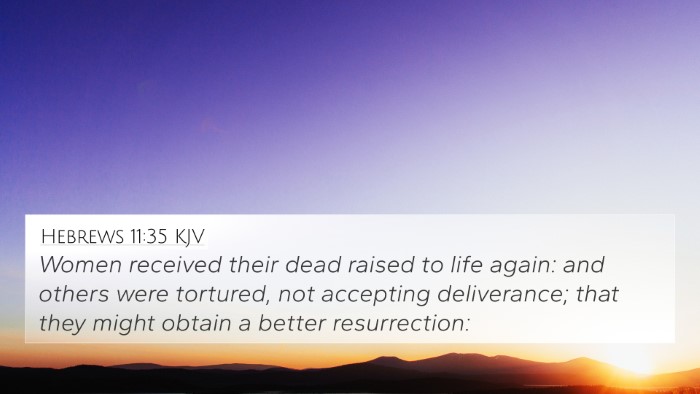Understanding John 12:25
John 12:25 states, "He who loves his life will lose it, and he who hates his life in this world will keep it for eternal life." This profound verse captures the essence of what it truly means to follow Christ, emphasizing the contrast between worldly attachments and the eternal rewards of spiritual commitment.
Summary of Insights from Public Domain Commentaries
This verse conveys multiple layers of meaning that are enriched through the insights of various commentators. Here, we summarize interpretations from Matthew Henry, Albert Barnes, and Adam Clarke.
Matthew Henry's Commentary
Matthew Henry provides a robust analysis of the implications of love and sacrifice. He explains that the term "love" in this context refers to a deep attachment or reliance on material life and pursuits. Conversely, "hate" suggests a form of rejection that enables believers to prioritize their spiritual journey over earthly desires. Henry emphasizes that true discipleship involves a willingness to sacrifice for Christ, which ultimately leads to eternal life.
Albert Barnes' Commentary
Albert Barnes offers a perspective emphasizing the paradox of gaining and losing life. He articulates that those who are overly invested in worldly life may face spiritual loss, while those who are willing to forgo their earthly desires for the sake of the Gospel are promised eternal rewards. Barnes also connects this notion to the idea of discipleship and the transformative journey of faith, where letting go of selfish ambitions leads to spiritual fulfillment.
Adam Clarke's Commentary
Adam Clarke elaborates on the implications of the word "life" in this verse, suggesting that it encompasses both physical existence and spiritual vitality. He notes that the tendency to cling to worldly pleasures and ambitions leads to a hollow existence devoid of true meaning. Clarke further explains that "hating one's life" is not a call to asceticism but an invitation to prioritize divine truth and eternal value over temporal satisfaction.
Thematic Connections and Cross-References
John 12:25 resonates with several other verses within Scripture that reinforce its themes of sacrifice, eternal life, and the contrast between worldly and spiritual values. Below are some cross-references supporting its interpretation:
- Matthew 10:39: "Whoever finds their life will lose it, and whoever loses their life for my sake will find it."
- Luke 9:24: "For whoever wants to save their life will lose it, but whoever loses their life for me will save it."
- Mark 8:35: "For whoever wants to save their life will lose it, but whoever loses their life for me and for the gospel will save it."
- Romans 12:2: "Do not conform to the pattern of this world, but be transformed by the renewing of your mind."
- 2 Corinthians 4:18: "So we fix our eyes not on what is seen, but on what is unseen, since what is seen is temporary, but what is unseen is eternal."
- Colossians 3:2: "Set your minds on things that are above, not on things that are on earth."
- Philippians 3:19: "Their destiny is destruction, their god is their stomach, and their glory is in their shame. Their mind is set on earthly things."
Key Themes and Lessons from John 12:25
As we delve deeper into this verse and its surrounding context, several key themes emerge:
- The Nature of Discipleship: This passage portrays the foundational principle that true discipleship requires a commitment to God that transcends earthly priorities.
- Sacrifice for Eternal Gain: The apparent conflict between losing one's life and gaining eternal life encourages believers to embrace a life of sacrifice, knowing the rewards that await them.
- The Contrast of Life Perspectives: It highlights the dichotomy between living for oneself and living for God, urging us to evaluate our life choices in light of God's kingdom.
Tools for Exploring Bible Verse Cross-References
To fully grasp the connections in Scripture, utilizing resources for cross-referencing is beneficial. Here are some helpful tools and methods:
- Bible Concordance: A valuable resource for locating specific words and phrases throughout the Bible.
- Bible Cross-Reference Guide: This guide helps navigate related verses and themes for deeper study.
- Cross-Reference Bible Study: A methodical approach that enhances understanding through scripture comparison.
Conclusion: Embracing the Message of John 12:25
John 12:25 offers a radical yet essential truth about the Christian walk. By loving our lives less and valuing our eternal future more, we align ourselves with the heart of what Jesus taught. This verse invites all believers to consider the significance of their choices, embrace the joy of sacrifice, and pursue a life committed to the eternal perspective.
